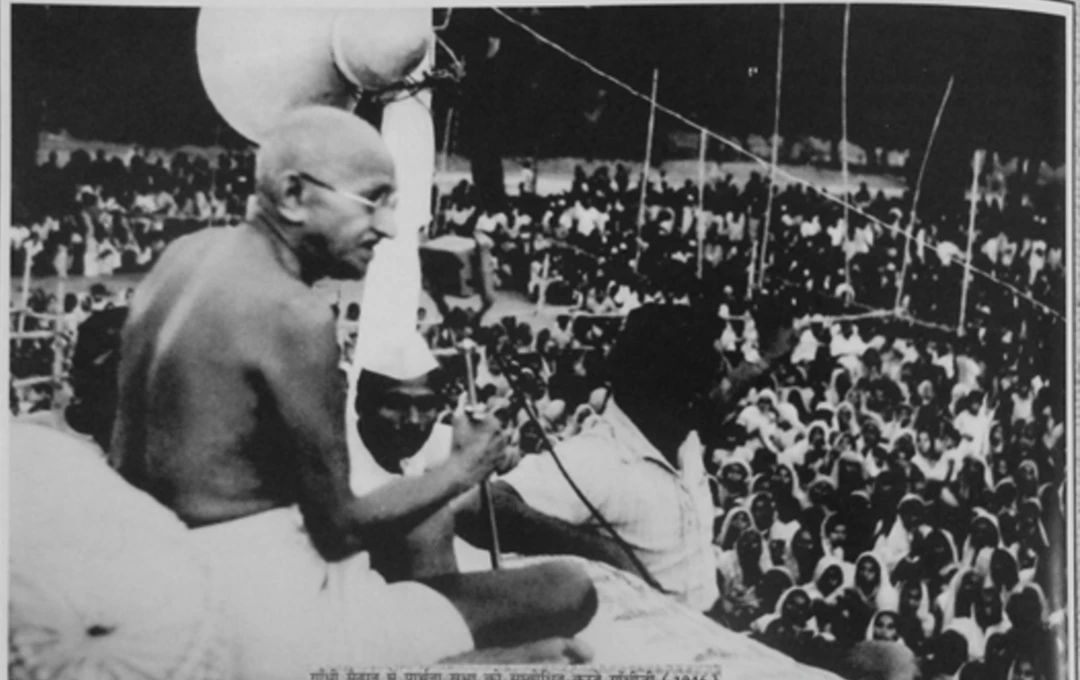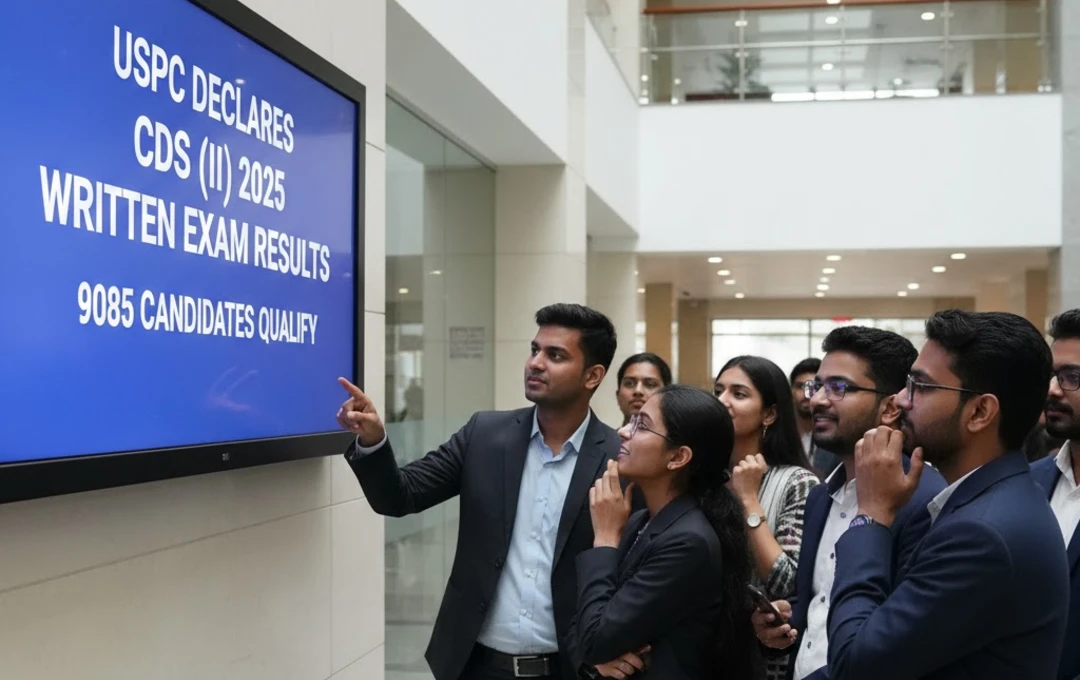New Delhi, October 1, 2025 - Each year on October 2, the world comes together to honor the birth anniversary of Mahatma Gandhi - a date that holds dual significance as Gandhi Jayanti in India and the International Day of Non-Violence globally. Declared by the United Nations General Assembly in 2007, the international observance underscores Gandhi's philosophy of peace, tolerance, and non-violent resistance.
Supported by more than 140 countries, the UN resolution affirms the relevance of Gandhi's teachings in a world grappling with conflict, inequality, and division. Commemorations are held in countries across continents - from Belgium and Switzerland to the USA, Thailand, and the Netherlands - reflecting Gandhi's global influence.
At the United Nations, the day is marked by high-level addresses, including a message from the Secretary-General, who often highlights the enduring power of non-violence in tackling modern crises. In a recent statement, the UN emphasized that "Gandhi's belief in truth and non-violence is more powerful than any weapon."
In India, the day begins with tributes at Raj Ghat, Gandhi's memorial in New Delhi, followed by cultural events, school programs, and community drives. The legacy of Gandhi's ideals is echoed through national missions such as the Swachh Bharat Abhiyan, promoting cleanliness, and the revival of Khadi and rural industries, symbolizing self-reliance.
The Birth of Satyagraha
Long before Gandhi became the leader of India's freedom movement, a defining moment in South Africa in 1893 planted the seeds of his philosophy of Satyagraha - the force of truth and non-violence.
As a young attorney, Mohandas Karamchand Gandhi had boarded a first-class train coach in South Africa. Despite holding a valid ticket, he was confronted by a fellow passenger who objected to his presence based on his skin color. Gandhi was ordered to leave the compartment. When he refused, he was forcibly removed and left to spend a cold night on the platform at Pietermaritzburg station.
Reflecting on the event in his autobiography, The Story of My Experiments with Truth (1926), Gandhi wrote:
"The hardship to which I was subjected was superficial - only a symptom of the deep disease of colour prejudice. I should try, if possible, to root out the disease and suffer hardships in the process."
That night, Gandhi resolved to challenge racial injustice - not with violence, but with moral courage and civil resistance. This resolve became the foundation of Satyagraha, a philosophy that would go on to influence civil rights movements across the globe, including those led by Martin Luther King Jr. and Nelson Mandela.
The International Day of Non-Violence thus stands as both a national homage and a global call to action. It reminds the world that Gandhi's message is not bound to history but is a living guidepost - one that urges nations to choose dialogue over division, peace over violence, and compassion over fear.
As conflict continues to shape global discourse, October 2 is more than a date on the calendar - it is a powerful reminder that true strength lies in non-violence, truth, and unity.





